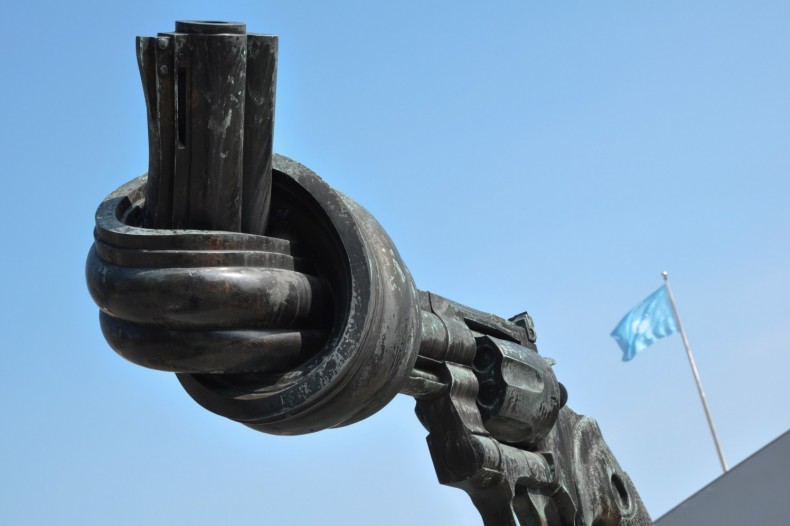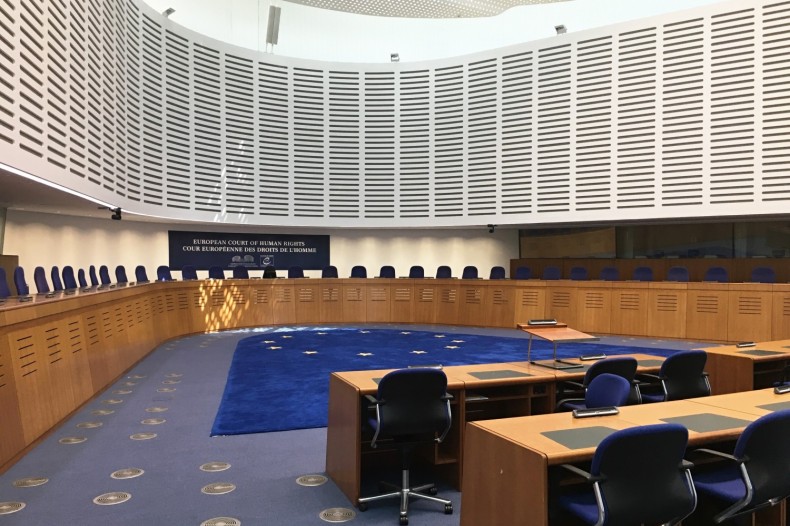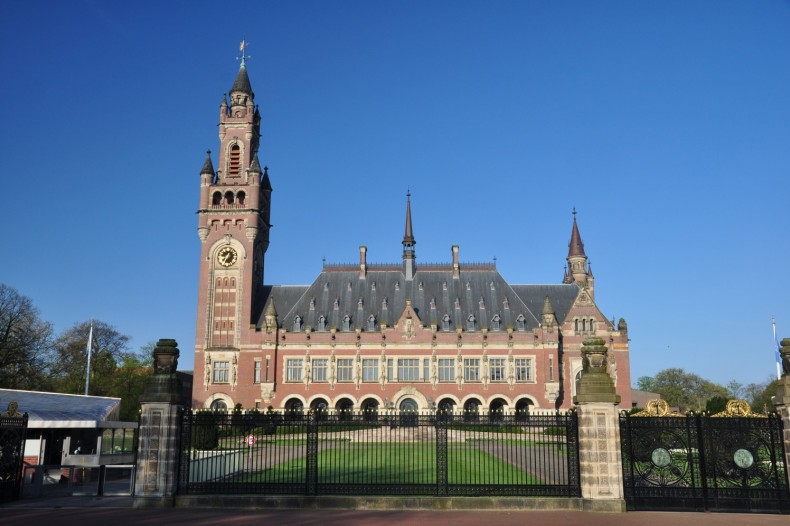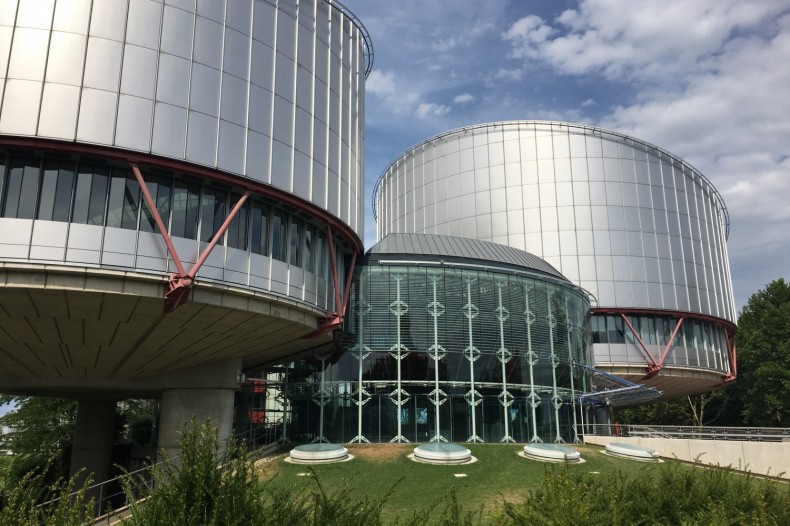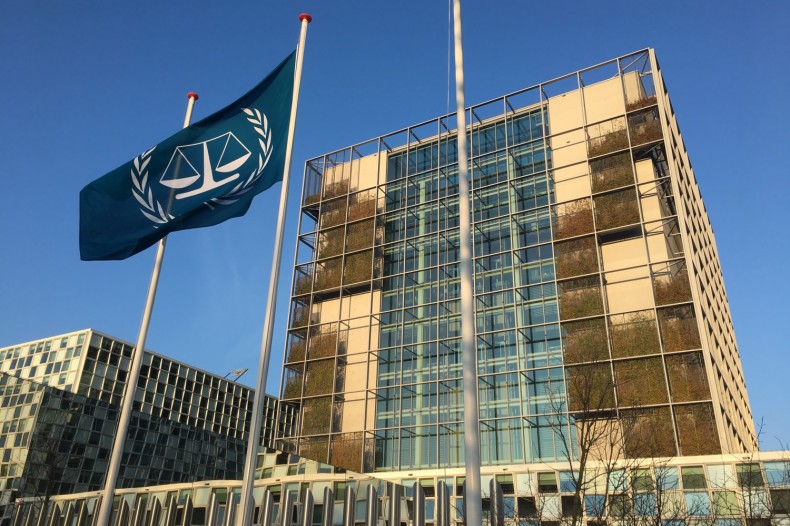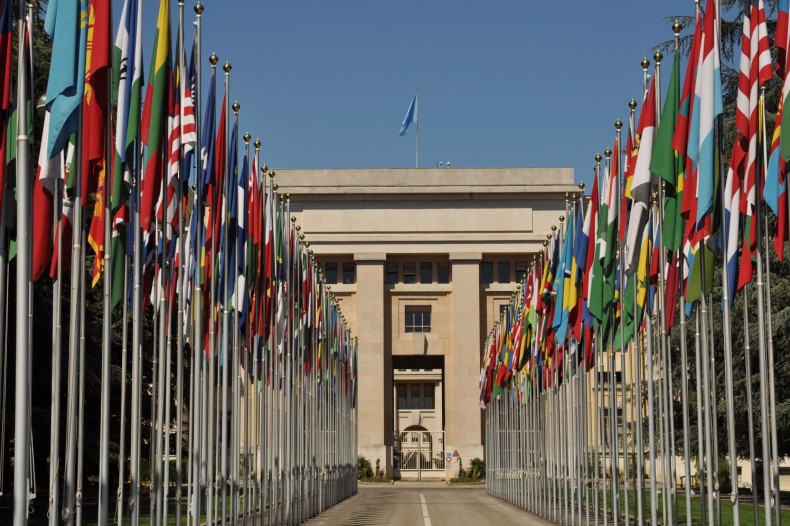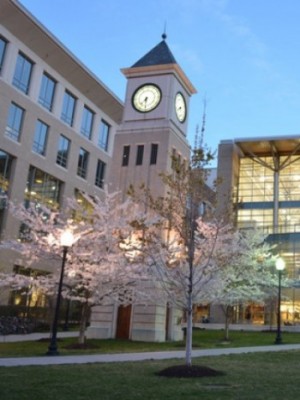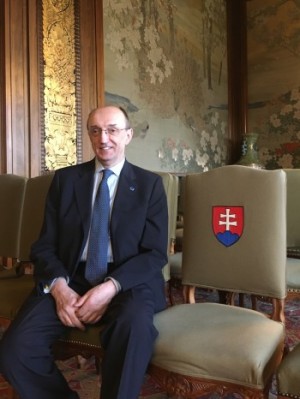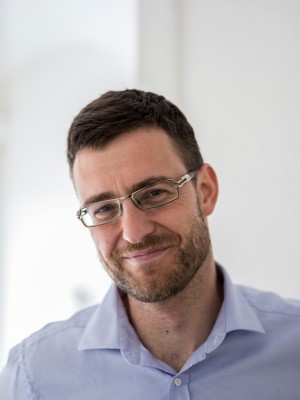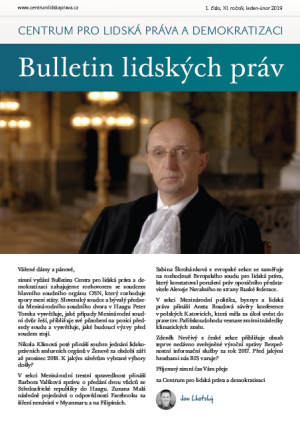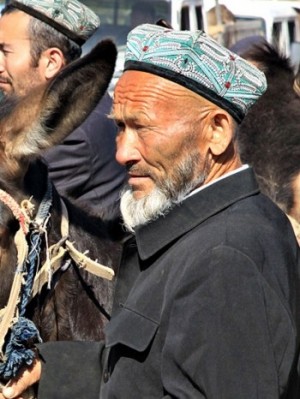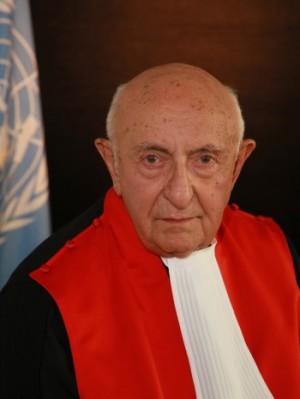
Czech Centre for Human Rights and Democracy
The Centre is an independent academic institution monitoring human rights developments both domestically and worldwide, issuing a monthly Bulletin, as well as organizing conferences.
Do you want to improve your curriculum, or do you simply want to spend the summer actively and learn something useful? We bring you an updated list of summer schools that focus on international human rights law, democratisation, and much more. The selection is diverse enough for everyone to find their favourite topic.
You can find list of summer schools here.

The International Court of Justice is the principal judicial organ of the United Nations. Judge Tomka, born in Banská Bystrica, has been a Member of the Court since 2003; Vice-President of the Court from 2009 to 2012; and the President of the Court from 2012 to 2015.
In contentious cases, the International Court of Justice (ICJ) settles legal disputes that are submitted to it by States. The Court can only address a dispute when the States in question have recognised its jurisdiction. No State can therefore be a party to proceedings unless it has consented thereto.[1]
The Winter Bulletin opens with an interview with a Judge of the principal judicial organ of the United Nations that decides disputes between states. Slovak Judge and former President of the International Court of Justice in The Hague, Peter Tomka, explains what cases the ICJ deals with, how it was to serve as its President and what future challenges the Court faces.
Nikola Klímová presents a summary of the sessions of the human rights treaty bodies based in Geneva from September to December 2018. What were the outcomes of the treaty bodies?
Furthermore, there are a number of articles regarding current human rights developments. These articles are divided into the following four categories: International Criminal Justice; European System of Human Rights Protection; International Politics, Business and Human Rights; and the Czech Republic and Human Rights.
The Uighurs are an ethnic minority coming from the Xinjiang province in Northwestern China. The province is officially an autonomous region however, remains under control of the central government. Furthermore, there are many instances of human rights violations in relation to the Uighurs.
Who are the Uighurs?
The Uighurs are a Turkic-speaking ethnic minority in Central Asia. The majority of this ethnic group, over 10 million people, lives in China and the Xinjiang province, but over 300,000 live in the surrounding countries of Uzbekistan, Kyrgyzstan and Kazakhstan. Furthermore, there have been communities established further abroad in places such as Afghanistan, Belgium, Germany, Sweden, Norway, Saudi Arabia, Canada, Australia, Russia and the United States.
For years Professor Meron served as a judge and the President of the International Criminal Tribunal for the former Yugoslavia. Nowadays, he presides over the tribunal that took its residual functions. What are the cases the new tribunal deals with? And how does he feel about the development of international criminal justice?
Professor Theodor Meron was born in 1930 in Poland, grew up in Israel and later moved to the US. He studied law in Jerusalem, Oxford and Harvard, and become one of the most respected scholars in international law. After the establishment of the International Criminal Tribunal for the former Yugoslavia (ICTY) and the International Criminal Tribunal for Rwanda (ICTR), he served as a judge and the President of ICTY. When these tribunals were about to close, he became the President of the International Residual Mechanism for Criminal Tribunals (IRMCT or Mechanism) that took over the residual functions of both the former tribunals.

